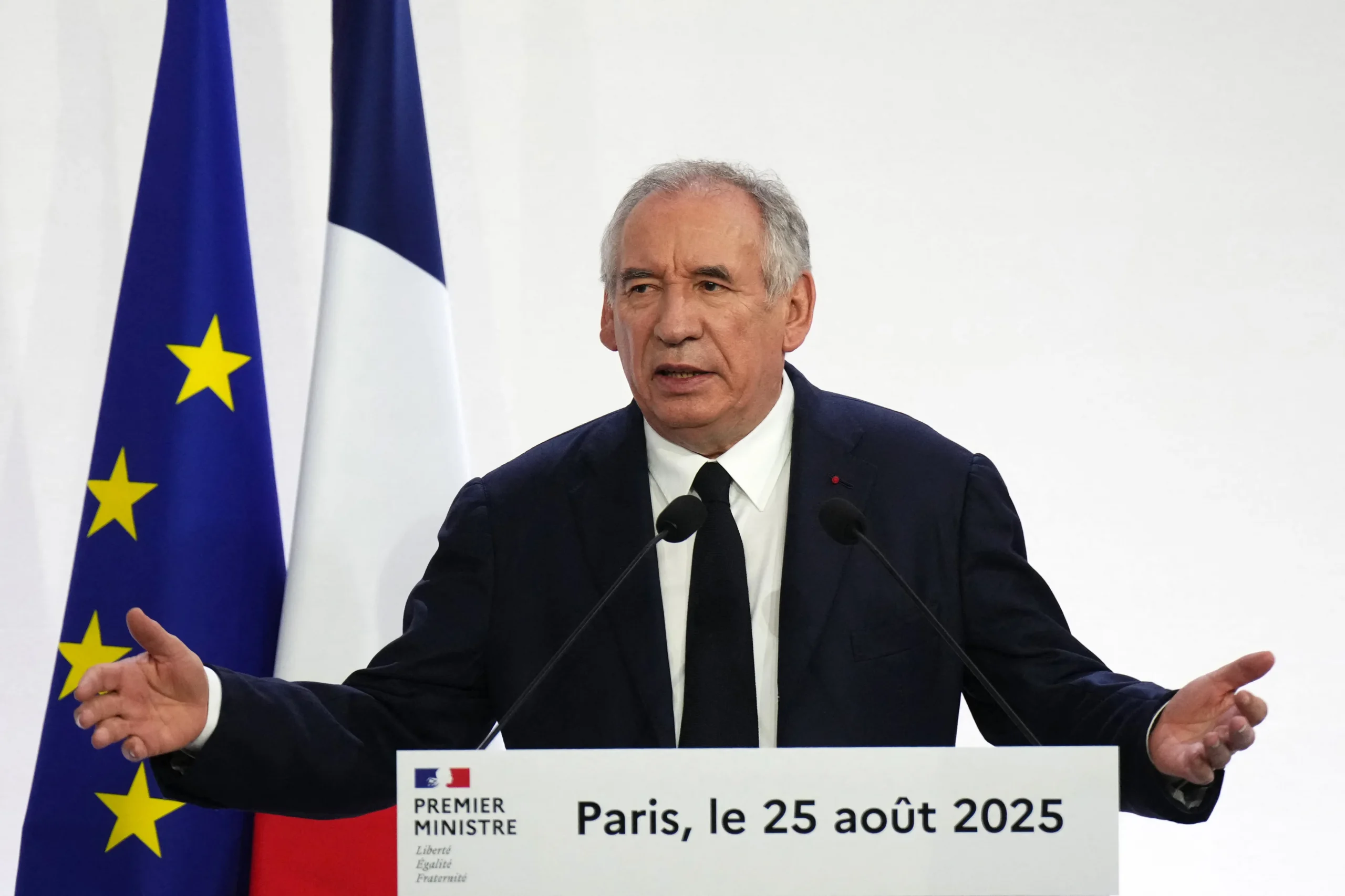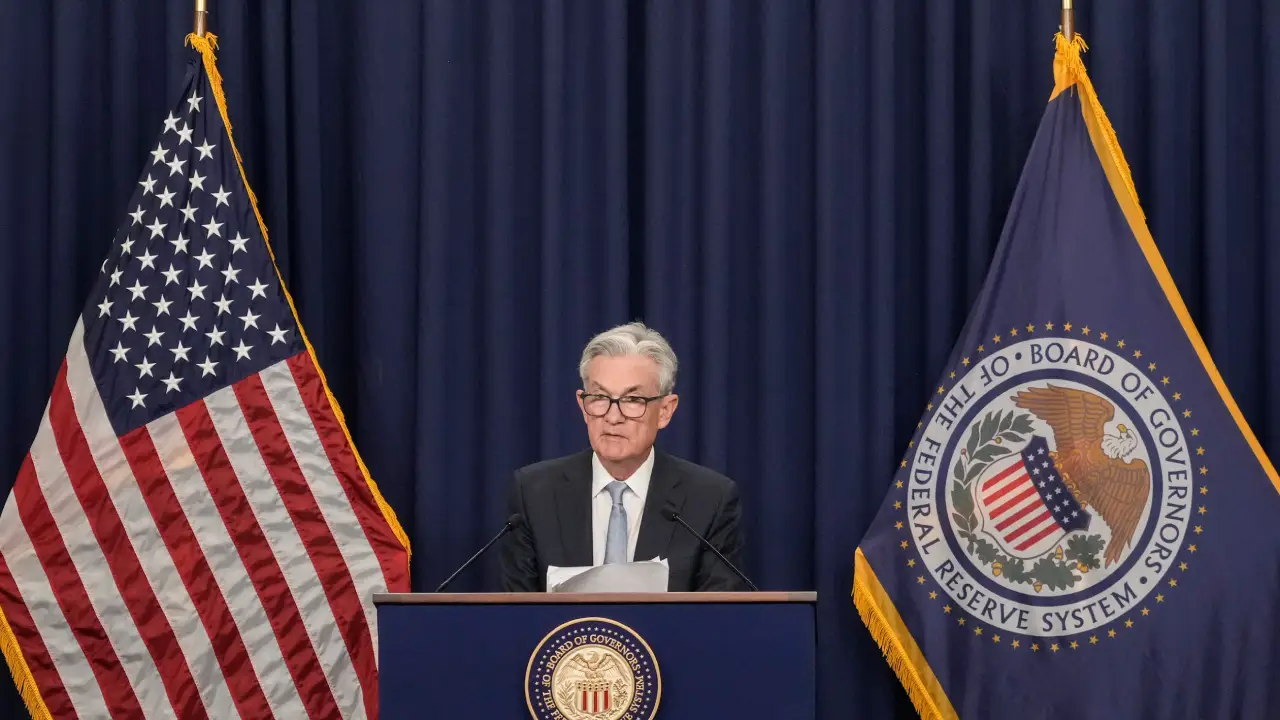Markets React to Risk of French Government Fall With Surging Yields
26.08.2025
France Faces Mounting Political and Debt Crisis
Fears of Collapse Shake Markets
France is facing a deepening political and financial crisis, as concerns grow that President Emmanuel Macron’s government could collapse for the second time in less than a year. The mounting turmoil sent shockwaves through financial markets on Tuesday, with investors selling off French stocks and driving government borrowing costs to some of the highest in the eurozone.
Warning of IMF Assistance
Finance Minister Eric Lombard added fuel to market fears by warning that France might ultimately require intervention from the International Monetary Fund if the crisis spirals out of control. Speaking on French radio, he admitted, “I cannot guarantee that the risk of IMF intervention does not exist.”
A Cornerstone Economy in Trouble
France, traditionally one of Europe’s economic pillars, is increasingly seen as a weak link. While Macron has been active on the global stage — working with President Trump on Ukraine and recognizing a Palestinian state — the financial situation at home has been deteriorating rapidly.
Confidence Vote and Budget Cuts
The crisis intensified after Prime Minister François Bayrou unexpectedly called for a parliamentary vote of confidence on September 8. His government is preparing a budget that slashes €44 billion from the deficit, including the controversial cancellation of two national holidays. Opposition parties have vowed to reject the plan, raising the likelihood of the government’s downfall.

Economic Fragility
Analysts warn that a collapse of the Bayrou government is increasingly probable. ING Bank noted that such a fall would add significant instability to an already weak economy, which is expected to grow by only 0.8 percent this year. “France’s political turmoil has become an economic risk,” said ING economist Charlotte de Montpellier.
Rising Social Tensions
Labor unions are preparing resistance to the proposed cuts, and social media activists are calling for a nationwide shutdown on September 10, urging citizens to boycott work, schools, and businesses. Addressing the country’s largest labor union, the CFDT, Bayrou warned lawmakers that they had “13 days to choose between chaos or responsibility.”
European Ramifications
Financial institutions fear the crisis could spread beyond France. Goldman Sachs cautioned that France’s troubles highlight vulnerabilities across Europe. Polymarket, a betting platform, put the odds of Bayrou being ousted by the end of September at 83 percent. Shares of major French banks, including BNP Paribas and Société Générale, as well as insurance giant AXA, fell by more than 5 percent, amid speculation that rating agencies might downgrade France’s sovereign debt.
Debt at Breaking Point
Minister Lombard emphasized that without decisive measures, France’s borrowing costs could soon surpass those of Italy, traditionally one of the eurozone’s weakest economies. Such a shift, he warned, would mark France’s descent “to the bottom of the pile in the European Union.”

The Roots of the Crisis
The explosion of France’s debt and deficit traces back to massive government spending during the pandemic and in response to Europe’s energy crisis after Russia’s invasion of Ukraine. By 2024, the deficit reached €168.6 billion, or 5.8 percent of GDP, leaving France in worse fiscal condition than Greece, Spain, or Italy. Total debt surged to €3.3 trillion — more than 114 percent of GDP. Without reforms, Bayrou has warned, debt interest could become France’s single largest budget expense by 2029, reaching €100 billion annually.
Political Uncertainty Deepens
The current turmoil follows two major political upheavals in quick succession. Last summer, Macron dissolved Parliament to weaken Marine Le Pen’s far-right National Rally, but the move backfired, resulting in a fractured Parliament. His appointed prime minister, Michel Barnier, resigned in December after failing to restore fiscal order. Bayrou, who succeeded him, centered his leadership on deficit reduction — a strategy now under severe threat.






